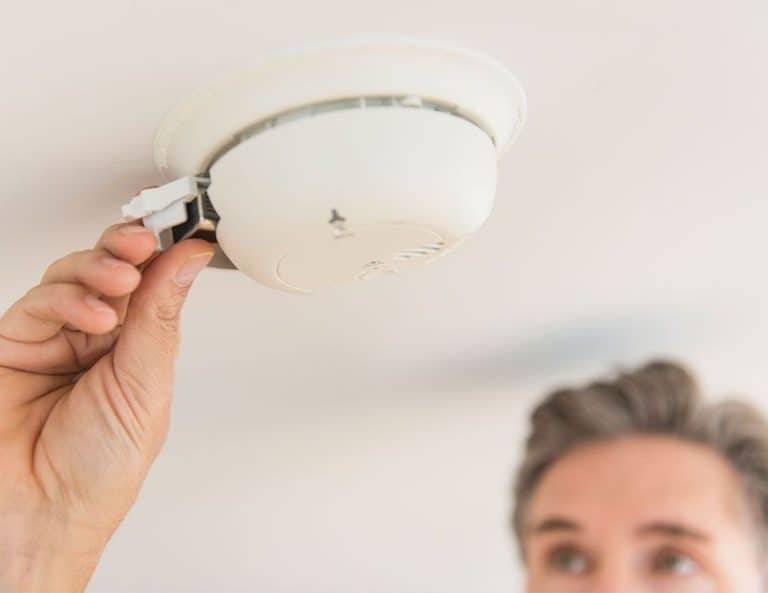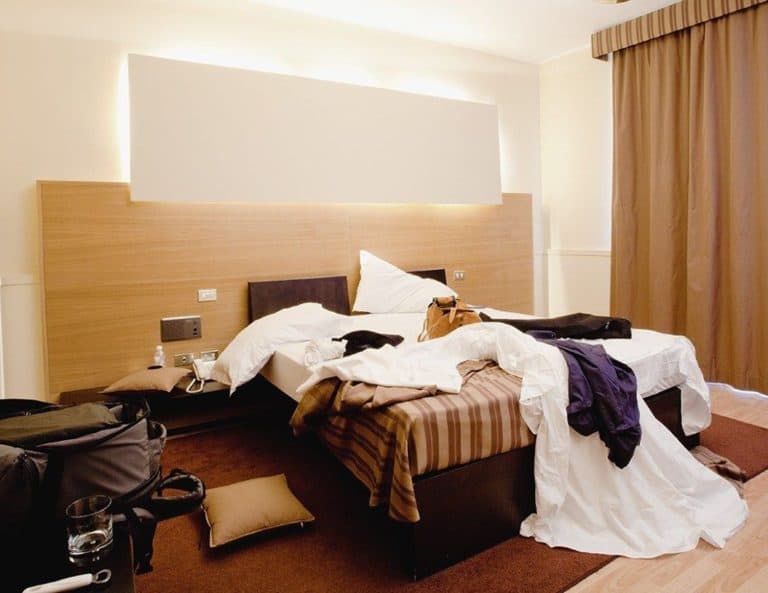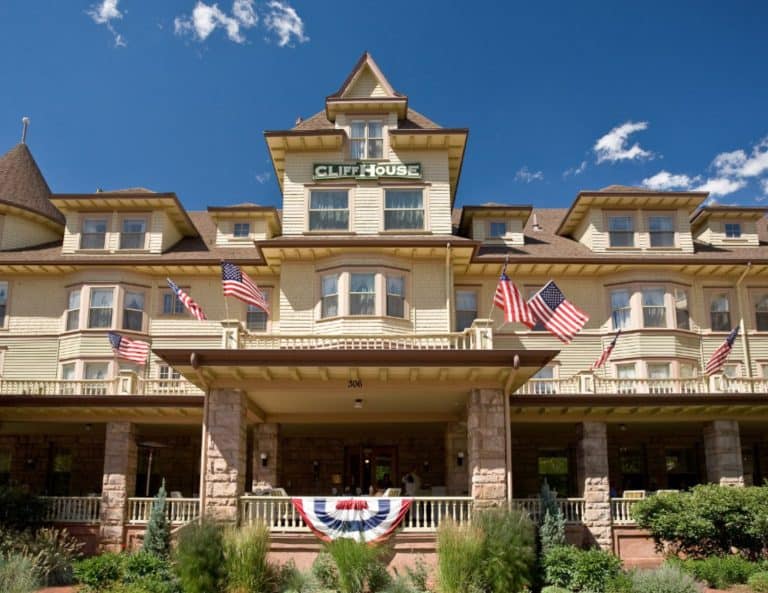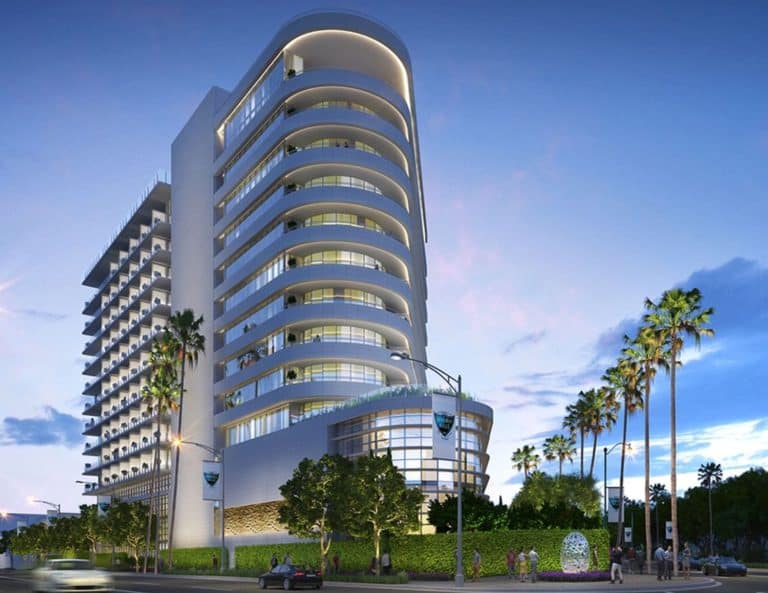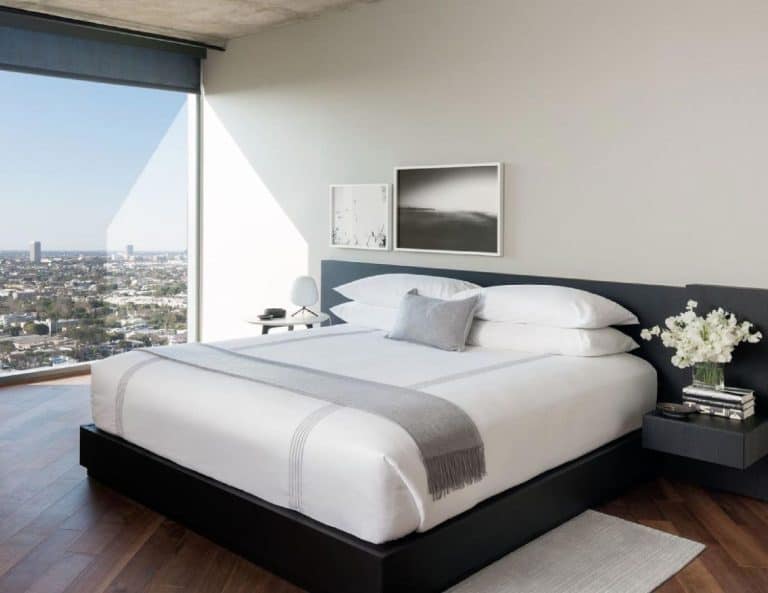Planning a trip and looking for hotels that prioritize safety and security?
Wondering which hotels go the extra mile and conduct warrant checks for their guests?
If you’re concerned about your privacy and want to stay at a hotel that takes security seriously, you’ve come to the right place.
In this comprehensive guide, we’ll explore the hotels that require warrant checks to ensure the safety and peace of mind of their guests.
From luxury resorts to budget accommodations, we’ll cover a range of options that prioritize guest security.
Whether you’re a business traveler, a family on vacation, or an individual seeking a safe haven, this guide will help you choose the right hotel for your needs.
Understanding Warrant Checks
Warrant checks, also known as background checks or security checks, are a standard procedure that some hotels implement to ensure the safety and security of their guests. These checks involve verifying the identity of guests and checking for any outstanding warrants or criminal records. While not all hotels conduct warrant checks, those that do prioritize guest safety and strive to provide a secure environment for their patrons.
What are warrant checks?
Warrant checks involve the hotel staff running a background check on guests to determine if they have any outstanding warrants or criminal records. This is typically done by cross-referencing guest information with law enforcement databases. The process is discreet and confidential, with the information being used solely for the purpose of ensuring guest safety.
Why do some hotels conduct warrant checks?
Hotels that conduct warrant checks do so with the aim of providing a safe and secure environment for their guests. By screening guests for any potential risks, hotels can identify individuals who may pose a threat to the safety and well-being of other guests or hotel staff. This proactive approach helps to prevent incidents and maintain the overall security of the establishment.
How do warrant checks protect guest safety?
Warrant checks play a crucial role in protecting guest safety by identifying individuals who may have a history of criminal activity. By identifying guests with outstanding warrants, hotels can take appropriate measures to ensure the safety of other guests and prevent any potential incidents. This includes denying entry to individuals with active warrants or notifying local law enforcement authorities.
Legal considerations and privacy concerns
Hotels that conduct warrant checks must adhere to legal requirements and privacy regulations. The process must be carried out in compliance with local laws, ensuring that guest information is handled confidentially and securely. It is important for hotels to clearly communicate their warrant check policies to guests and address any privacy concerns they may have. Transparency and open communication are key in maintaining trust and ensuring that guests feel comfortable during their stay.
For more information on warrant checks and hotel security measures, you can visit www.hotelnewsresource.com.
Hotels that Conduct Warrant Checks
When it comes to ensuring the safety and security of their guests, some hotels go above and beyond. One way they do this is by conducting warrant checks on all guests. This practice helps to create a secure environment and provides peace of mind for both the hotel and its guests. In this comprehensive guide, we will explore different types of hotels that are known for their stringent security measures, including luxury hotels, chain hotels, boutique hotels, and budget hotels.
Luxury hotels known for their stringent security measures
When it comes to luxury hotels, safety and security are of paramount importance. These hotels often have state-of-the-art security systems in place, including surveillance cameras, access control systems, and trained security personnel. Additionally, they may conduct thorough background checks on all guests, including warrant checks. Luxury hotels understand the importance of maintaining a safe and secure environment for their high-profile guests, and they spare no expense in ensuring their security protocols are top-notch.
Chain hotels with comprehensive safety protocols
Chain hotels, with their widespread presence and standardized operations, also prioritize guest safety. These hotels often have comprehensive safety protocols in place, which may include warrant checks. By conducting warrant checks, chain hotels can ensure that their guests do not pose any potential security threats. These safety measures are put in place to provide a comfortable and secure stay for all guests, regardless of the location they are staying at.
Boutique hotels that prioritize guest privacy
Boutique hotels, known for their unique and personalized experiences, also prioritize guest privacy and security. While they may not have the same level of resources as luxury or chain hotels, boutique hotels often have their own security measures in place. Some boutique hotels may choose to conduct warrant checks to ensure the safety and privacy of their guests. By doing so, they can create an environment where guests feel safe and protected, allowing them to fully enjoy their stay.
Budget hotels that prioritize guest safety
Even budget hotels understand the importance of guest safety and take steps to ensure it. While they may not have the same level of security resources as luxury or chain hotels, budget hotels often have their own safety protocols in place. These may include warrant checks as part of their security measures. By conducting warrant checks, budget hotels can ensure that their guests are not wanted by law enforcement, creating a safe and secure environment for all guests.
Whether you’re staying at a luxury hotel, chain hotel, boutique hotel, or budget hotel, it’s important to remember that warrant checks are conducted with the sole purpose of ensuring the safety and security of all guests. By understanding and appreciating these security measures, you can have peace of mind during your stay, knowing that the hotel is doing everything possible to provide a safe environment for you.
Benefits of Staying at Hotels with Warrant Checks
When it comes to choosing a hotel for your next stay, there are many factors to consider. One important aspect that often goes overlooked is whether the hotel conducts warrant checks on its guests. While this may seem like an invasive practice to some, there are actually several benefits to staying at hotels that implement this security measure.
Enhanced guest safety and security
Hotels that require warrant checks prioritize the safety and security of their guests. By conducting these checks, they can identify individuals who may pose a threat to other guests or hotel staff. This proactive approach helps create a safe environment for everyone staying at the hotel. Knowing that the hotel takes security seriously can provide peace of mind to travelers.
Protection against potential threats
Warrant checks serve as a precautionary measure to protect guests from potential threats. By screening guests for outstanding warrants, hotels can prevent individuals with criminal intentions from gaining access to the premises. This significantly reduces the risk of incidents such as theft, assault, or other criminal activities occurring on hotel grounds.
Peace of mind for travelers
One of the main advantages of staying at a hotel with warrant checks is the peace of mind it offers to travelers. Knowing that everyone staying at the hotel has undergone a background check can alleviate worries about personal safety and property security. This peace of mind allows guests to fully enjoy their stay and focus on other aspects of their trip.
Maintaining privacy and confidentiality
Contrary to popular belief, warrant checks at hotels are not conducted to invade guests’ privacy. Instead, they are implemented to ensure the safety and security of all guests. Hotels that perform these checks prioritize confidentiality and handle the information obtained with utmost care. This not only safeguards the privacy of guests but also maintains the hotel’s reputation for being a trustworthy establishment.
How Warrant Checks Work
The process of conducting warrant checks
When it comes to hotels that require warrant checks, the process is quite straightforward. Upon check-in, guests’ information, including their identification details, is collected by the hotel staff. This information is then shared with law enforcement agencies, who conduct a quick search to determine if there are any active warrants for the guest’s arrest. The search is typically done through a secure database, ensuring the privacy and security of the guest’s information.
Collaboration with law enforcement agencies
Hotels that require warrant checks work closely with local law enforcement agencies to ensure the safety and security of their guests. These collaborations are essential in identifying individuals who may pose a threat or have pending legal issues. By conducting warrant checks, hotels can create a safer environment for all their guests, while also assisting law enforcement in their efforts to maintain public safety.
Ensuring guest privacy during the check
Privacy is a top concern for hotels that require warrant checks. While it may seem intrusive to some, these checks are conducted with the utmost respect for guest privacy. Hotels have stringent protocols in place to protect the confidentiality of guest information during the warrant check process. Additionally, the information collected is only shared with authorized law enforcement personnel, ensuring that it remains confidential and secure.
It’s important to note that warrant checks are not conducted on every guest, but rather on a random or suspicious basis. This helps strike a balance between guest privacy and ensuring the safety of all individuals staying at the hotel.
If you want to learn more about warrant checks and their role in hotel security, you can visit the Hotel Security website. They provide valuable insights and resources on this topic, helping you understand the importance of such measures in the hospitality industry.
Tips for Choosing a Hotel with Warrant Checks
When it comes to choosing a hotel with warrant checks, there are several important factors to consider. By taking the time to research and evaluate these factors, you can ensure that you are staying in a hotel that prioritizes your safety and security.
Research the hotel’s security measures
One of the first things you should do when considering a hotel with warrant checks is to research their security measures. Look for hotels that have implemented strict security protocols, such as surveillance cameras, security guards, and secure access to rooms. Additionally, check if the hotel has a policy in place for conducting warrant checks on guests. This will give you peace of mind knowing that the hotel takes your safety seriously.
Read reviews and testimonials
Reading reviews and testimonials from previous guests can provide valuable insight into the hotel’s safety measures and warrant checks. Look for reviews that specifically mention the hotel’s security procedures and whether or not warrant checks were conducted. Pay attention to any negative feedback regarding security concerns, as this may be a red flag. On the other hand, positive reviews highlighting the hotel’s commitment to guest safety can give you confidence in your choice.
Consider the location and surrounding area
When choosing a hotel with warrant checks, it’s important to consider the location and surrounding area. Research the crime rates in the area and determine if the hotel is located in a safe neighborhood. Additionally, check if the hotel is located near law enforcement agencies, as this may increase the likelihood of warrant checks being conducted. Remember, choosing a hotel in a safe location can significantly enhance your overall experience.
Contact the hotel directly for more information
If you have any specific concerns or questions regarding warrant checks at a particular hotel, don’t hesitate to contact them directly. Speaking with a hotel representative can provide you with the most accurate and up-to-date information. Ask about their warrant check procedures, how often they are conducted, and any other security measures they have in place. The hotel staff should be more than willing to address your concerns and provide you with the information you need to make an informed decision.
By following these tips, you can choose a hotel that prioritizes your safety and security by conducting warrant checks. Remember, your peace of mind is priceless, and taking the time to research and evaluate these factors will ensure you have a comfortable and secure stay.
Conclusion
In conclusion, if your top priority is safety and security during your hotel stay, choosing a hotel that conducts warrant checks is a wise decision.
By understanding the concept of warrant checks and exploring hotels known for their stringent security measures, you can make an informed choice.
Remember the benefits of staying at hotels with warrant checks, such as enhanced safety, protection against threats, and peace of mind.
Do thorough research, read reviews, and consider the location before making your final decision.
With this comprehensive guide, you’re well-equipped to find a hotel that prioritizes your safety and offers you a comfortable stay.

